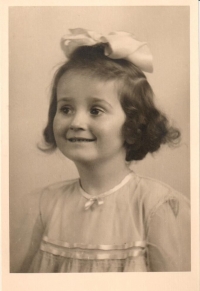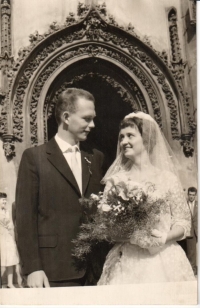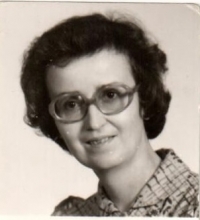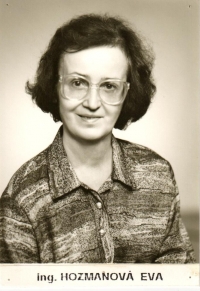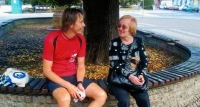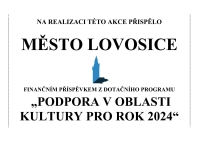This nation is used to taking things back
Download image
Eva Hozmanová (née Lupínková) was born on 21 July 1941 v Pardubice. She was a witness to the results of the Nejedlý school reforms. She spent the majority of her life working for North Bohemian Chemical Works. In 1968 she witnessed the arrival of Soviet tanks connected to the invasion of Warsaw Pact armies into Czechoslovakia. In 1977 she was denied being promoted at work as a punishment for hanging up an anti-communist calendar. On 26 November 1989 she took part in the demonstrations in Prague at Letná. On 27 November 1989 she took part in a general strike in Lovosice. On 30 November she co-founded the Civic Forum in Lovosice. She was a member of the first post-November local government in Lovosice from 1990 until 1994. From 1991 to 2002 she served as the chairperson of the commission for culture, schools, and sport. From 1991 to 1996 she collaborated on the cable radio broadcast of the Independent Lovosice Weekly. She became a member of the civic group Muzeum Lovosicka. At the time of recording she lived in Lovosice (March 2024), where she still participates in cultural and social life.
